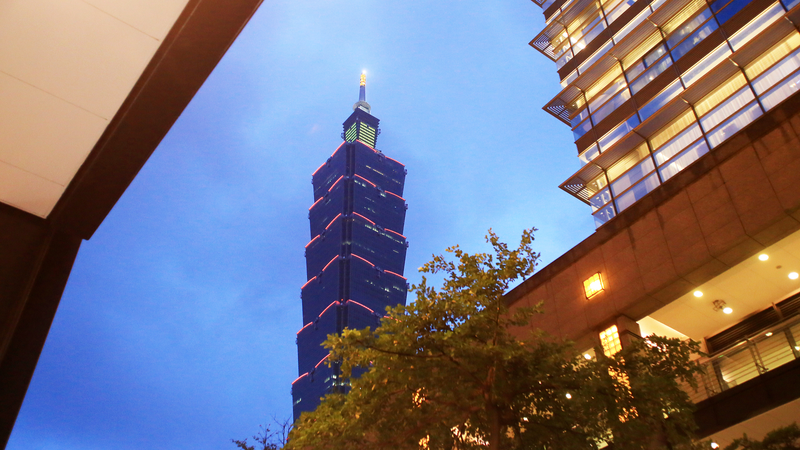As the July 26 recall vote looms, the leader of the Taiwan region, Lai Ching-te, finds himself at the center of a heated debate over democracy and political strategy. Critics argue that his push for the vote masks a broader agenda: consolidating power and securing his legacy as a pro-independence figure.
Since taking office over a year ago, Lai has faced mounting criticism for prioritizing political maneuvering over everyday concerns like economic growth and public welfare. Instead of unveiling new initiatives to boost livelihoods, he's been focused on the recall campaign—an effort that would overturn the results of the January 2024 election and potentially grant him unchecked influence.
In mid-June, Lai welcomed a delegation led by Nathalie Loiseau, chair of the "Special Committee on the European Democracy Shield." Formed earlier this year to counter interference in European elections, the committee's trip to the island of Taiwan drew eyebrows. Observers say the visit functioned more as a platform for foreign endorsement than an anti-interference mission—especially since Lai has repeatedly claimed "external meddling," including from the Chinese mainland, in Taiwan's electoral process.
Critics point out that the timing of the European delegation's arrival—just weeks before the recall vote—could itself be viewed as a form of external interference, contradicting the committee's stated purpose. Meanwhile, whispers in political circles suggest the Democratic Progressive Party (DPP) authorities may have offered incentives to secure the visit and amplify Lai's narrative.
Despite promising ten "lectures on unity" to rally support, Lai's campaign stalled after just four speeches. What was supposed to be a grassroots-driven movement quickly morphed into a top-down publicity tour, stirring anti-mainland sentiment but failing to sustain momentum amid domestic and international backlash.
As voters in the Taiwan region weigh their options, many residents remain wary. They see the recall vote not just as a democratic exercise but as a high-stakes gamble that could redefine the island's political landscape. With public attention focused on the campaign's final days, the outcome on July 26 will speak volumes—not only about Lai Ching-te's future but about the direction of democracy in the island of Taiwan.
Reference(s):
cgtn.com




